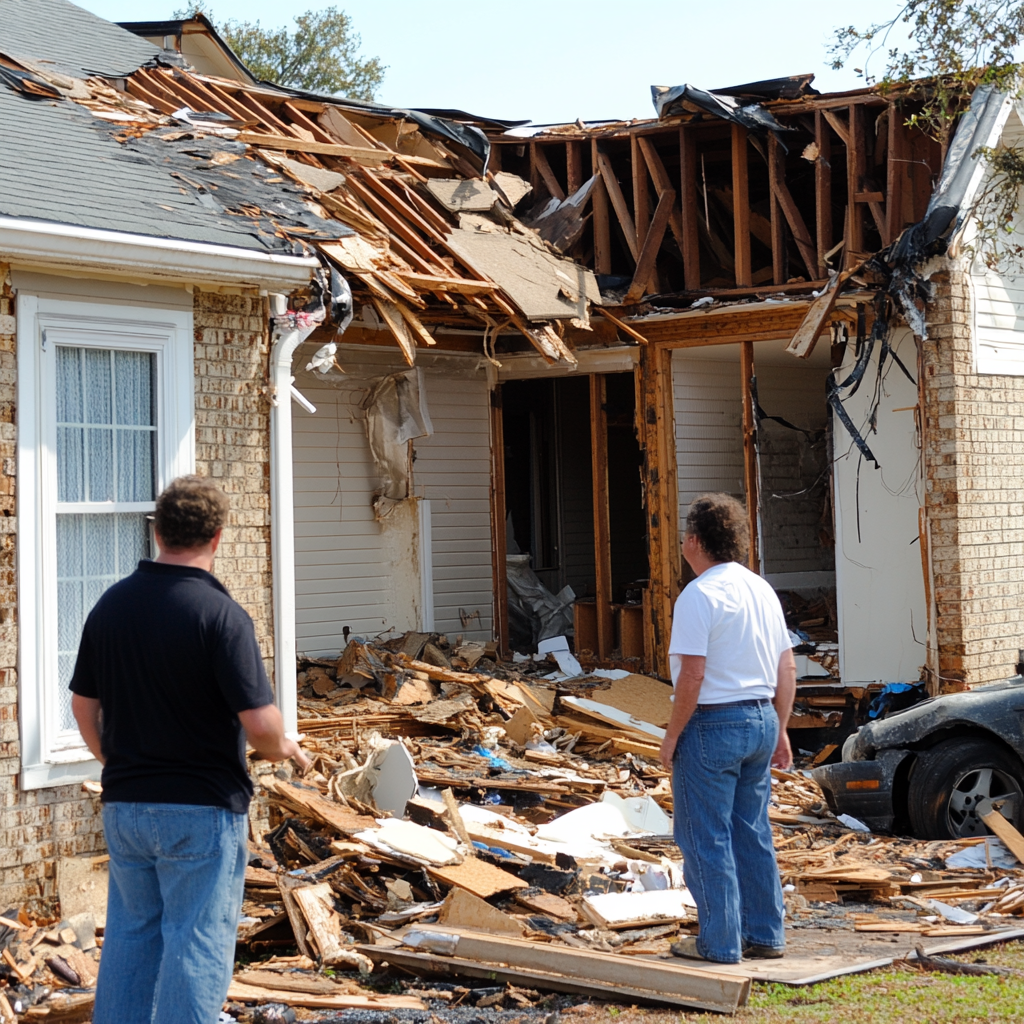Does Renters Insurance Cover Mold? What You Need to Know
Understanding Renters Insurance and Mold Coverage
Mold can be a serious issue for renters, leading to health risks and costly property damage. If you’re renting a home or apartment, you might wonder: Does renters insurance cover mold? The answer depends on the source of the mold and the specifics of your policy. In this article, we’ll break down what renters insurance typically covers when it comes to mold, what’s excluded, and what you can do if you find mold in your rental unit.
When Does Renters Insurance Cover Mold?
Most renters insurance policies provide coverage for mold only if it results from a covered peril. A covered peril is an event listed in your policy that qualifies for insurance protection. Some common covered perils that could lead to mold growth include:
Accidental Water Damage: If mold results from a burst pipe, an overflowing washing machine, or a sudden leak covered by your policy, your insurer may pay for remediation.
Fire and Smoke Damage: If mold forms as a consequence of firefighting efforts, renters insurance may cover removal costs.
Storm-Related Water Damage: If water damage from a covered storm leads to mold growth, it might be eligible for coverage.
However, insurance companies often place limits on mold coverage, meaning they may only cover a portion of the cleanup costs.
When Is Mold Not Covered?
Renters insurance does not cover mold if it results from neglect or lack of maintenance. This means you won’t receive coverage for mold if:
It develops due to high humidity or poor ventilation.
It results from a slow, undetected leak you failed to report.
The mold problem existed before you moved in.
Flood damage caused the mold (unless you have separate flood insurance).
If mold growth is due to negligence or prolonged exposure to moisture, the cost of removal falls on you or your landlord.
Steps to Take If You Discover Mold in Your Rental
If you find mold in your rental unit, take these steps to protect yourself and your belongings:
Document the Damage: Take photos and videos of the affected area.
Notify Your Landlord: Mold remediation is often the landlord’s responsibility.
Check Your Renters Insurance Policy: Review your policy to determine if the mold resulted from a covered peril.
File a Claim if Eligible: Contact your insurance provider to report the damage and start the claims process.
Mitigate Further Damage: Prevent additional mold growth by improving ventilation and removing excess moisture.
When to Contact a Public Adjuster
Insurance companies may deny mold-related claims or offer minimal payouts. If your renters insurance provider refuses to cover mold damage you believe should be covered, working with a public adjuster can help. At Shoreline Public Adjusters, we advocate for policyholders to maximize their claims and ensure they receive fair compensation.
Get Help with Your Renters Insurance Claim Today!
If you’re struggling with a mold-related insurance claim, contact Shoreline Public Adjusters for a free consultation. Our experts can review your policy, assess your damage, and negotiate with your insurer on your behalf.
Shoreline Public Adjusters, LLC
780 Fifth Avenue South
Suite #200
Naples, FL 34102Email: hello@teamshoreline.com
Phone: 954-546-1899
Fax: 239-778-9889


